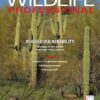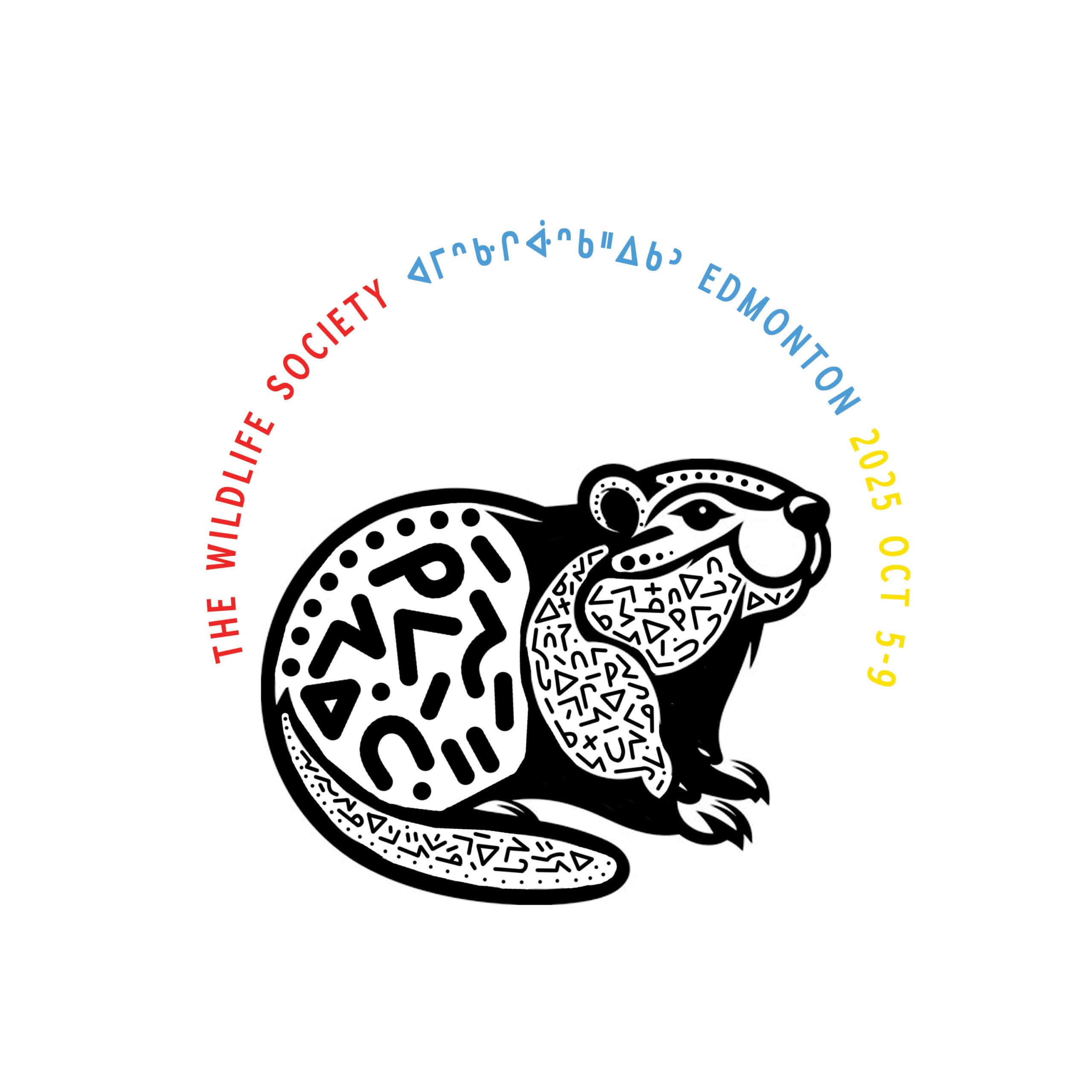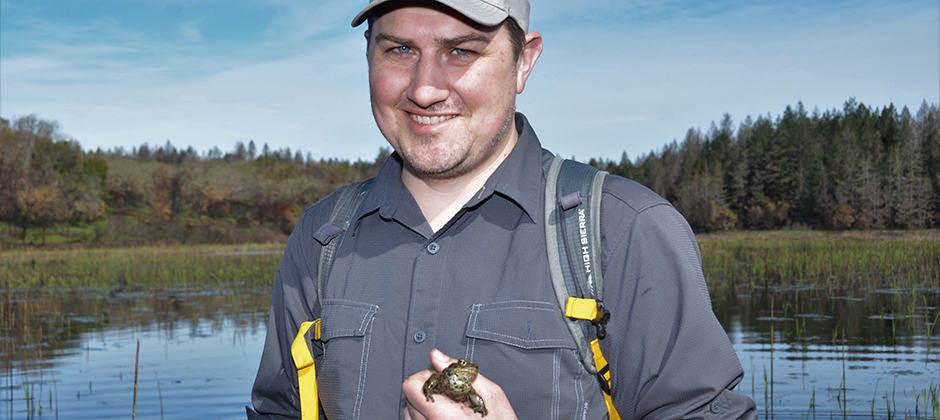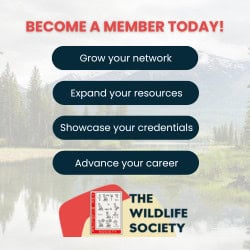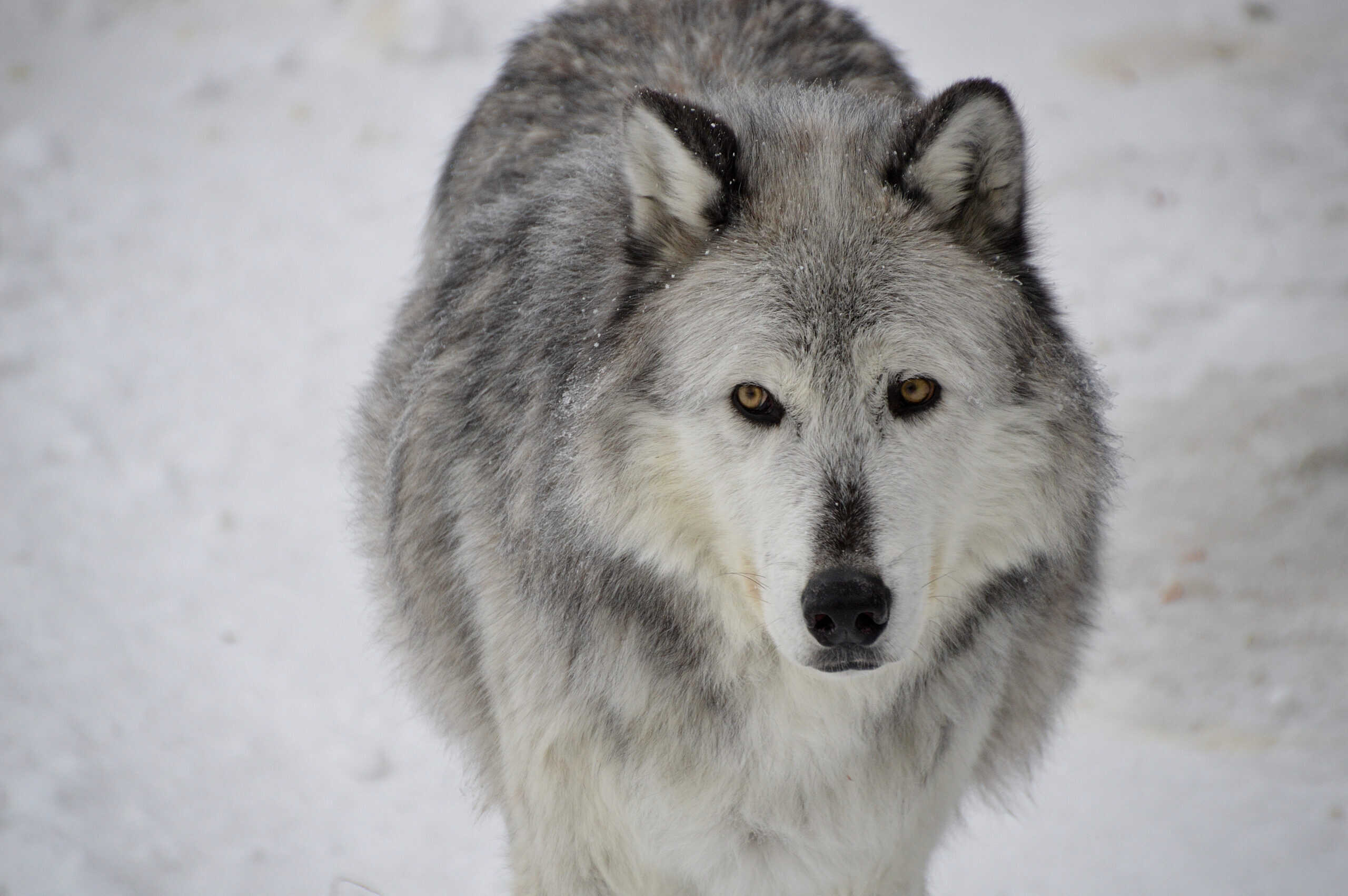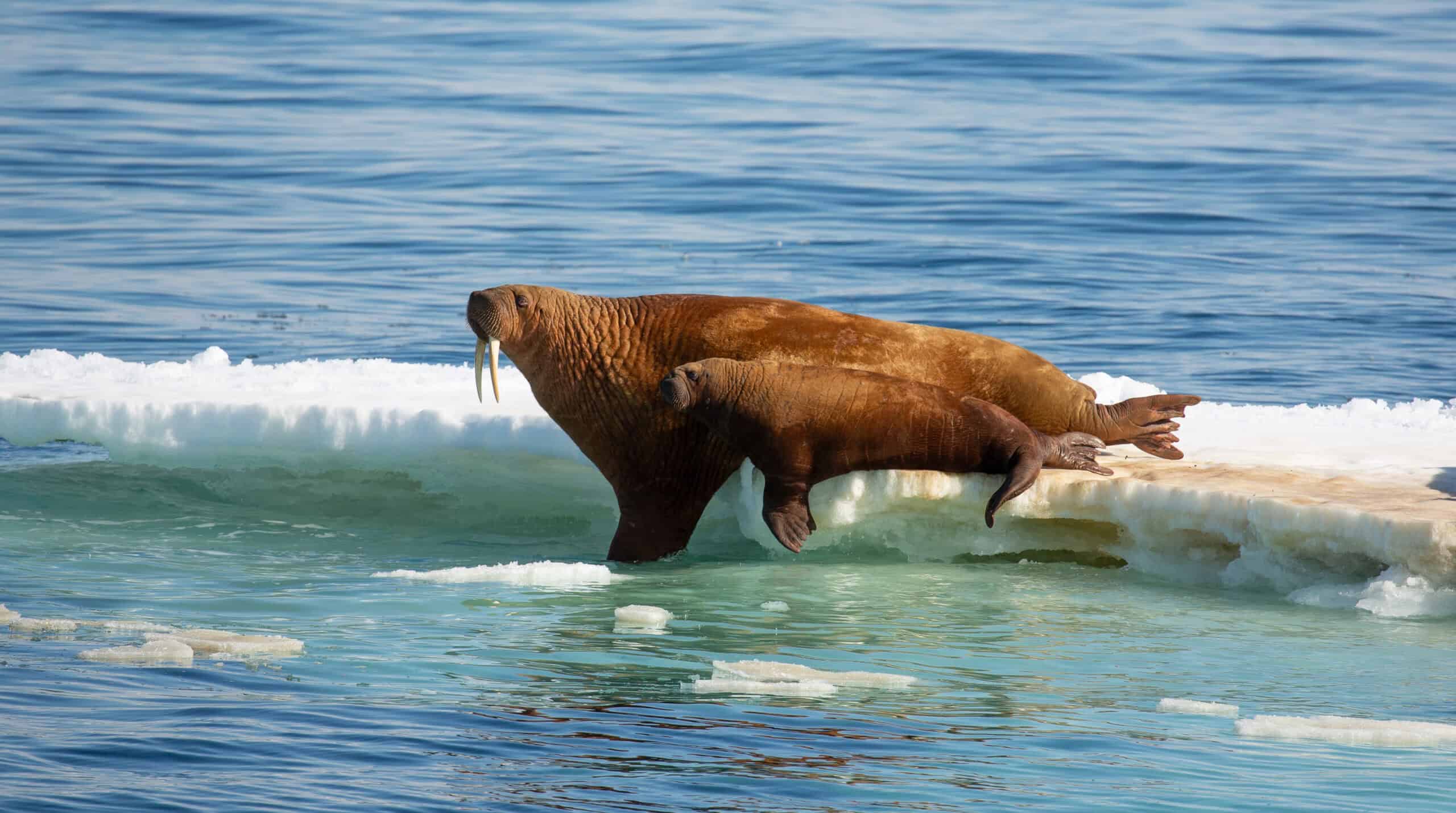Share this article
Connecting with NextGen through Skype
One of the many benefits new technology offers is educational enrichment. Through Skype in the Classroom, students across the globe can connect with biologists and other scientists to get a firsthand glimpse at important conservation projects that protect endangered species.
Recently, Canada-based vulture conservation educator Debra Toor invited the U.S. Fish and Wildlife Service to join her for a Skype in the Classroom session with ninth-graders attending Historic Lucy Craft Laney Comprehensive High School in Augusta, Georgia. Toor read the Surveying for Survivors storyabout the devastation of the 2018 Nuns wildfire and wanted it to be the focus of one of her sessions. “I just really want kids to be excited and empowered about conservation because they watch the news, they see documentaries, they see statistics—they are frightening. They really get worried when they hear about these wildfires and they’re devastating for humans as well. I want them to know there’s hope and scientists are trying to find ways to figure things out for the better.”
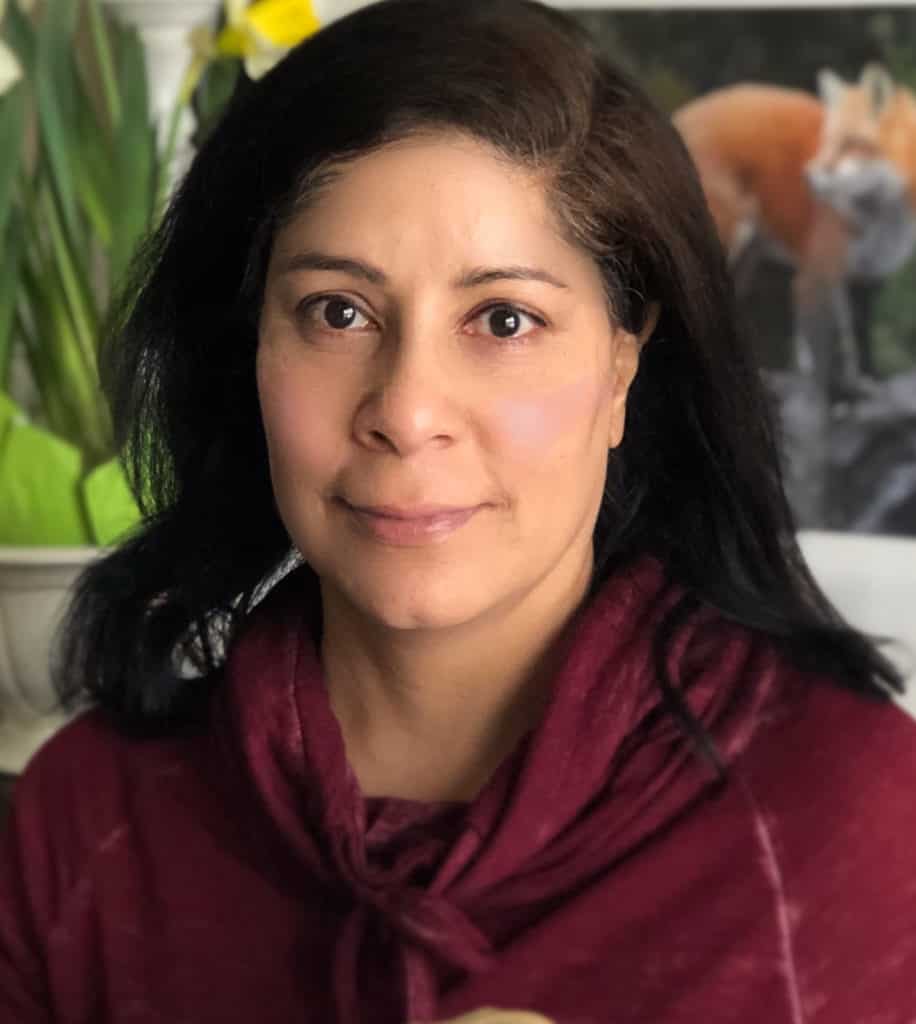
Debra Toor specializes in vulture conservation education and uses Skype to partner with K-12 schools around the world to educate students about the importance of conservation and their role in protecting wildlife. Photo courtesy of Debra Toor.
Fish and Wildlife Biologist Leif Goude from the Sacramento Fish and Wildlife Officerepresented the Service and walked the students through every aspect of the site visit from sterilizing waders to data collection. “The world is more connected and with the Skype session, it’s easier to connect with groups that cannot see or experience the work firsthand,” said Goude. “I enjoyed engaging with students because of their curiosity and interest in endangered species. Hopefully they’ll have an appreciation for conservation in the future.”
Goude was not the only one who benefitted from the experience, ninth-graders attending Historic Lucy Craft Laney Comprehensive High School in Augusta, Georgia enjoyed the session as well, according to their teacher, Marsha J. Moorman, M.D. “The session with biologist Leif Goude provided students with a unique learning opportunity. We did enjoy the Skype experience.” Moorman has more than two decades of teaching experience and explained that the Skype classroom session met multiple state of Georgia science standards of excellence requirements that all science classes incorporate.
Moorman’s students participate in the school’s Early College Program, where they take accelerated courses and have the opportunity to attend Augusta University while earning a high school diploma. Based on some of the feedback from the students, it is clear that the objectives of the session were met. According to one student, “I learned that humans have to preserve a lot of the wildlife, especially those like the [California] red-legged frogbecause they help to keep the ecosystem balanced.”
“Reaching the NextGen through Skype in the Classroom allowed us to expose young people to science early in their education. Few students have the opportunity to speak to a biologist or participate in a science-focused virtual fieldtrip, but with this technology it’s possible. I’d love to see some of these students pursue internships with the Fish and Wildlife Service and even consider a career with the agency,” said Jennifer Norris, Ph.D., field supervisor of the Sacramento Office. Skype in the Classroom is just one of many outreach efforts her office supports to promote conservation among youth and the general public; which was limited to the office’s jurisdiction in northern California, but now is much broader though Skype, social media, and the web.
Toor plans to broaden her partnerships to connect more students with scientists working in the field, “I’m doing this to make conservation science accessible to educators and introduce students to why and how conservation scientists are studying wildlife and their habitats. I’d like to see more schools connect with biologists to experience real-world conservation science.”
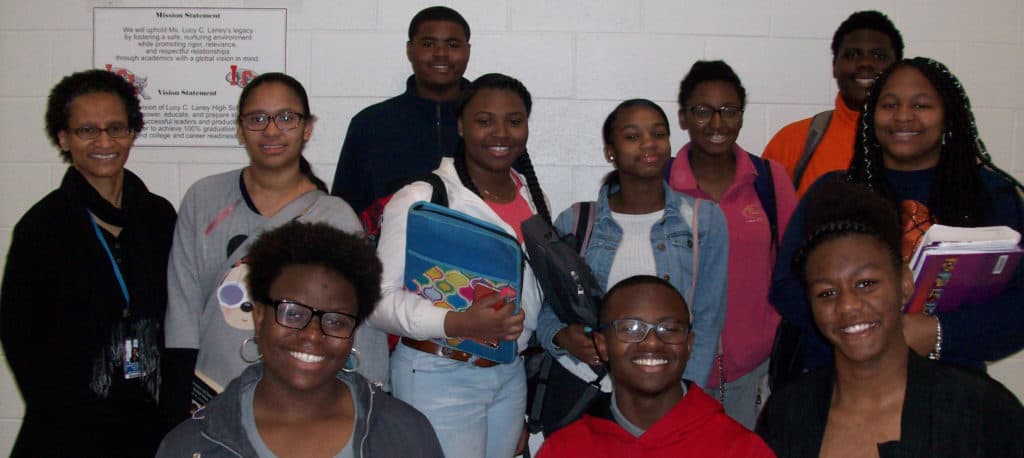
Marsha J. Moorman’s ninth graders investigated the impact of wildfires on wildlife using Skype in the Classroom. L to R: (bottom row) Skye Jones, William Antoine McClain, Jr., Sinclaire Fryer, (middle row) Marsha J. Moorman, Lee Beard, Jasmine Kelly, Deniika Joseph, Kyndall McRae, (back row) Kurtez Dixon, Jayla Redfield, Jordan Grissett. Not all participants photographed. Photo courtesy of Historic Lucy Craft Laney Comprehensive High School.
The U.S. Fish & Wildlife Service is a Strategic Partner of The Wildlife Society.
Header Image: U.S. Fish and Wildlife Service Biologist Leif Goude holds a western toad that survived the Nuns Wildfire. ©Veronica Davison, USFWS

